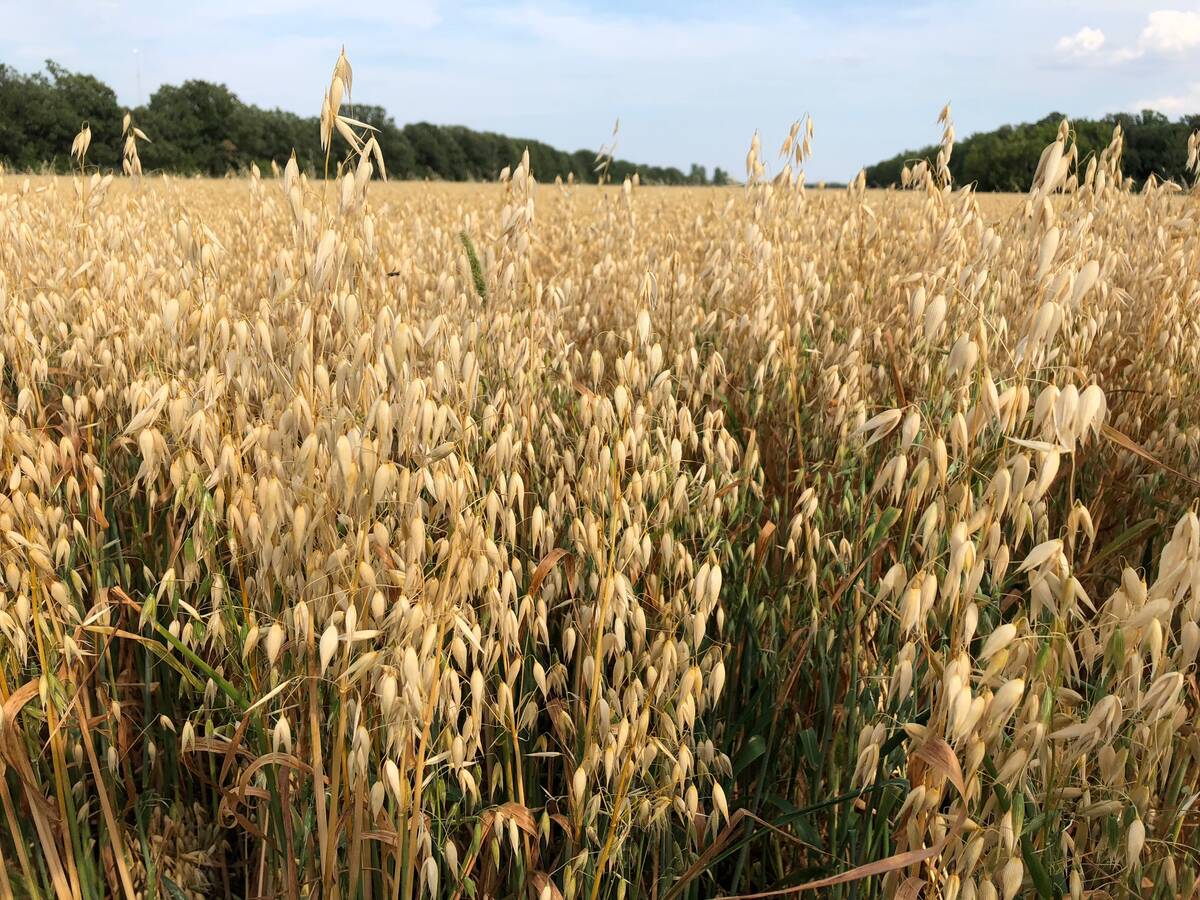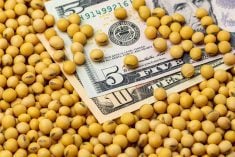Over three-quarters of Panama’s tariffs on Canadian agricultural products end effective immediately as Canada’s free trade agreement with Panama takes effect Monday (April 1).
Canada’s international trade minister Ed Fast said Monday the bilateral deal brings an immediate end to Panama’s tariffs on 78 per cent of agricultural imports and 95 per cent of non-agricultural imports from Canada.
Those include mark-ups of up to 70 per cent on certain pork products, up to 30 per cent on certain beef products and up to 20 per cent on frozen French fries.
Panama in 2009 ended its BSE-related ban on imports of Canadian beef, followed in 2010 by the end of its bans on live Canadian cattle and genetics.
Read Also

Big oat crop in 2025/26 pointing to less acres next year
Oat acres in Canada are likely to recede this spring with cash prices to remain low, said Scott Shiels, grain procurement manager for Grain Millers Canada in Yorkton, Sask.
Under the new trade pact, Panama’s tariffs also end immediately on imports of Canadian industrial and construction machinery, wood products and vehicles.
Most of Panama’s remaining tariffs will be eliminated “over a period of five to 15 years,” the Canadian government said Monday.
“Workers and businesses in a wide range of Canadian sectors, such as aerospace, pharmaceuticals, pulp and paper and agriculture and agri-food, will benefit from taking Canada’s trading relationship with Panama to the next level,” Fast said Monday.
As an added benefit to Canadian exporters, “Panama’s trade policies represent the future direction of food safety regulation in that it has import policies that are risk-based rather than zero threshold,” Gord Kurbis, director of market access and trade policy with Pulse Canada, noted in a separate release Monday.
“For example, in cases where Panama does not yet have a specific food safety tolerance established, it applies OECD country tolerances rather than a default zero-tolerance. This is an important example of sound food safety policy that guarantees food safety to its consumers while also facilitating trade and growth for both countries.”
Canadian pulse and special crop exports to Panama in 2012 totalled about 7,441 tonnes, about half of which were lentils, Pulse Canada noted.
“As a high-growth emerging market, Panama is a small but strategic trade partner for Canada,” the government said, noting two-way merchandise trade in 2011 totalled $235 million, up 105 per cent over the previous five years.
The deal is also expected to give Canadian service providers a “secure, predictable, transparent and rules-based environment that will facilitate access to Panama’s $20.6 billion services market.”
Competition “unlikely”
Canada, in return, is expected to eliminate tariffs on over 99 per cent of current imports from Panama immediately. The Canadian government has previously said over-access imports of dairy, poultry and eggs would be exempt from any tariff reductions, as would Canada’s tariffs on certain sugar products.
Canada’s top imports from Panama have been mainly mineral fuels and oils, mostly aviation fuel. Other imports from Panama include bananas, melons and papayas among other fruits and nuts, as well as fish, seafood products, spices, coffee, tea, fats and oils.
Total imports from Panama to Canada were valued at $28.7 million in 2007, many benefiting from Canada’s “relatively low” most-favoured-nation (MFN) tariff rate of 5.5 per cent as well as lower or no tariffs on many goods through Canada’s general preferential tariff (GPT) for developing countries.
In 2007, Canada noted, 97 per cent of imports from Panama were MFN duty-free and most others were eligible for GPT treatment.
“Given that the vast majority of goods imported from Panama already enter Canada duty-free, there is unlikely to be any significant change in import competition for Canadian industries” through a free trade pact, the Canadian government said in a 2008 economic analysis of the proposed deal.















